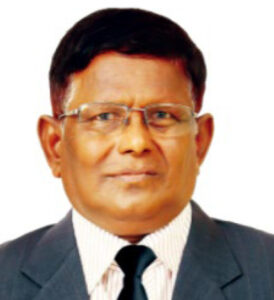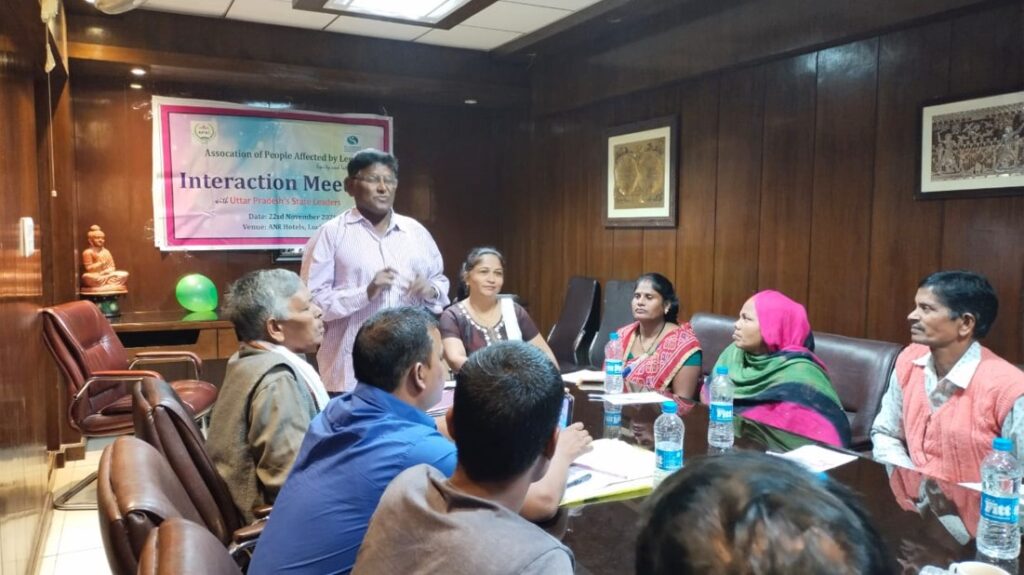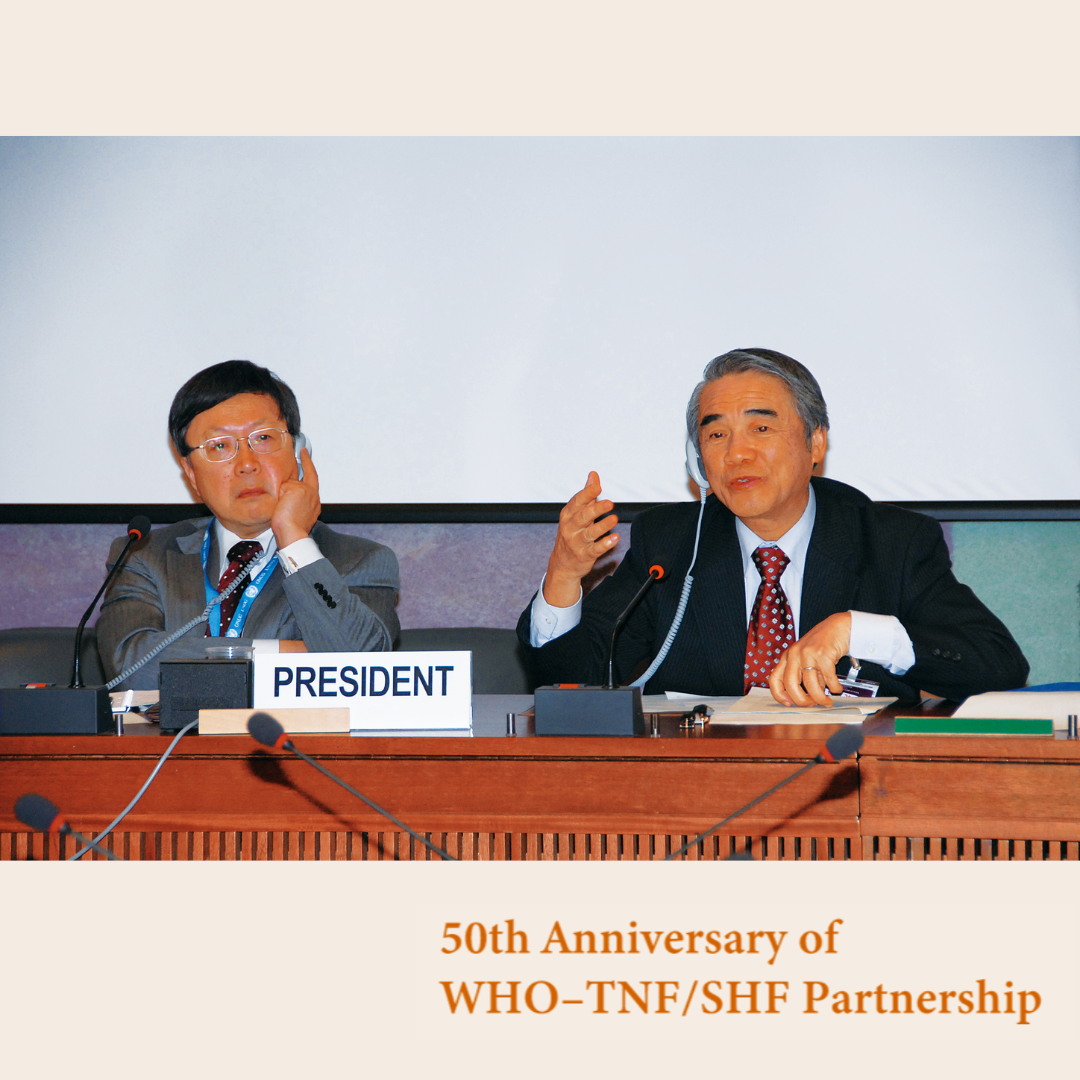
G. Venu Gopal
CEO, Association of People Affected by Leprosy (APAL)
APAL is working for the socio-economic empowerment and welfare of persons affected by leprosy and their families who reside in leprosy colonies throughout India.
http://wwwapalindia.in
Twitter: @ApalIndia
Association of People Affected by Leprosy (APAL) is a national organization in India with a community-based network spread across 16 states and covering 800 colonies. APAL’s plan and main aims are to make sure that persons affected by leprosy and their families become very strong economically and socially, are included in mainstream society, and live with dignity and awareness of their rights. Specific areas of work that we undertake, in cooperation with the government and other stakeholders, include community mobilization, awareness raising, empowerment, and advocacy.

APAL’s innovative approaches and mobilization skills have helped numerous dependent families and homeless persons affected by leprosy. Our efforts have resulted in a considerable change in the perceptions of the general community and health officials. Voices of the affected individuals are being heard, and stigma and discrimination focused on deformity is being replaced by a humanistic approach with professional and empathetic support. Effective coordination and sustained advocacy have helped APAL to achieve emancipation from stigmatized perceptions and develop a supportive fraternity with the government, non-governmental organizations, and changing communities.
Leprosy control and elimination in India still face many challenges. Although many of the theoretical and practical approaches of the past have been discarded, their careful examination has provided insights for the future. Sustaining the gains made so far and further reducing the disease burden in India has led to an innovative and holistic approach that includes ongoing education, efforts to identify interventions to dispel stigma, promotion of children’s education, empowerment of second-generation youth, and livelihood promotion for social inclusion and economic sustenance.
Over the past 16 years, APAL’s efforts have included:
- Baseline survey of leprosy colonies
- Grassroot-level programs for colony leaders and persons affected by leprosy
- Networking among colonies
- Strengthening of state leaders and a team of colony members for effective working in the states
- Women and youth empowerment workshops
- Capacity-building training programs for state leaders, colony members, and youth
- Raising awareness of human rights issues of persons affected by leprosy
- Working with the government, WHO, NGOs, national and international agencies for mainstreaming of people
- Working in collaboration with Sasakawa-India Leprosy Foundation (S-ILF) for the vocational pieces of training, higher education, and coaching for school-age children of persons affected by leprosy
- Promoting awareness of leprosy, the Rights of Persons with Disabilities (RPWD) Act, COVID-19 precautions, and prevention of disabilities
- Advocating for Unique Disability identification (UDID) cards, social entitlements, aids and appliances, and livelihood and land issues of persons affected by leprosy
Going forward, our main aim will continue to be to provide opportunities to persons affected by leprosy and their families to live with dignity in mainstream society.








